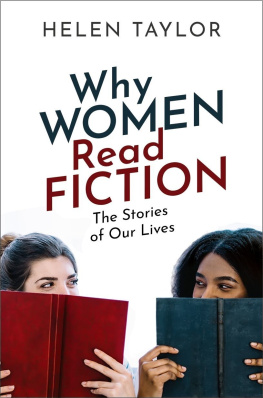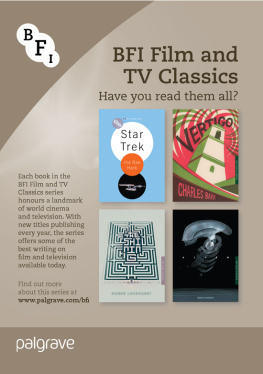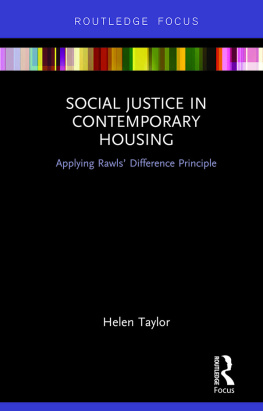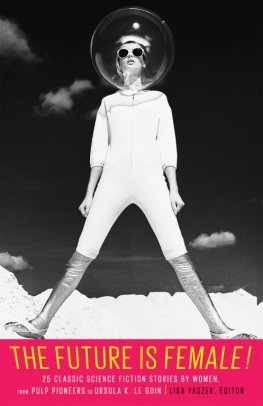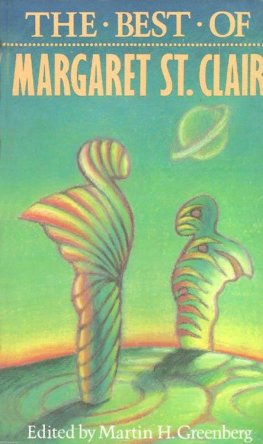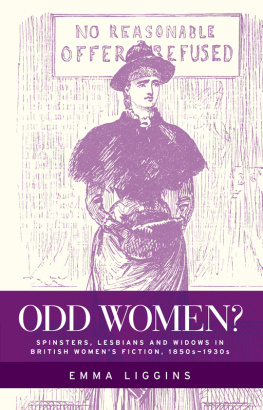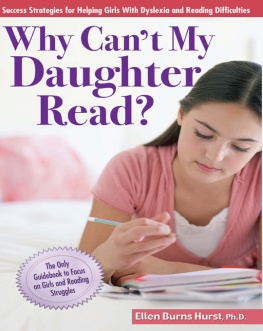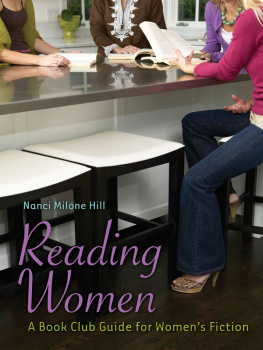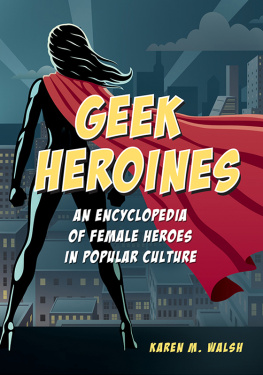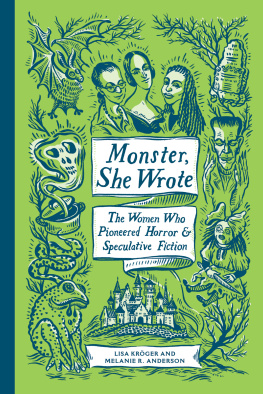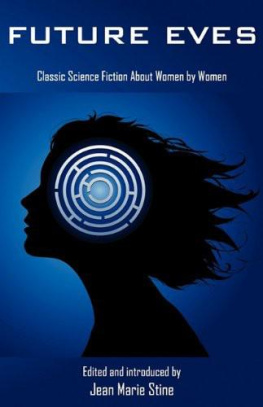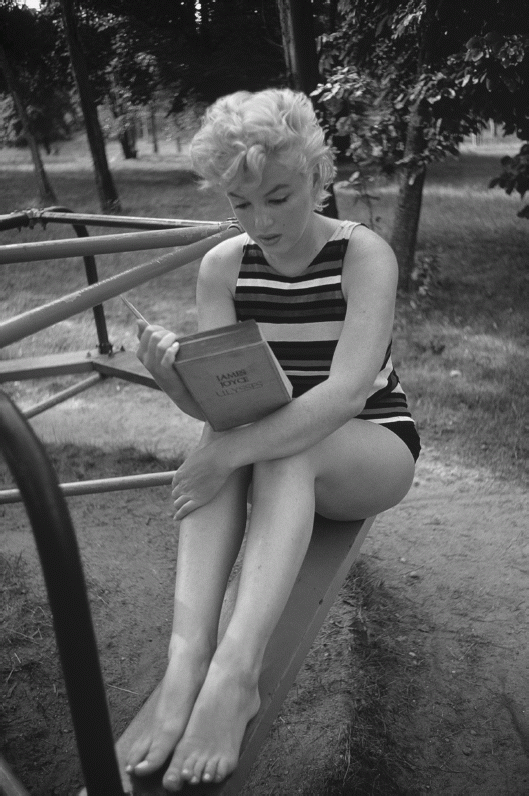Dedicated to all those women who love fiction and who generously shared with me life stories, anecdotes, reflections on and comments about their reading.
Preface: A Friend, a Bible, a Perfume
I have a book with me at ALL timesthe thought of being stuck anywhere, or worse still on a motorway with nothing to do and all that free reading time lost is a complete fear.
A good memory for me is sitting in a car at the seaside even on bitter cold, windy days, looking out to sea and reading. I used to spend a lot of time as a child with my aunt (who reads back-to-back romance novels even today) and uncle who loved fishing. Stormy weather was good for the mackerel at Seaford and my aunt and I would stay in the warm in the car facing the sea front talking, reading and dozing. I no longer live near enough to the sea to do this regularly but I have on occasions made a trip out to the coast on my own and sat in the car with a view out to sea reading, for a lazy day-out, whatever the weather.
Marie B
My reading life has always been a joy. A way of connecting with the world at your own pace, lighting the imagination and creating characters and places within it, challenging and supporting your own views. Its an ongoing romance.
Esther W
Such are the pleasures of a lifetimes reading. Reading as escape; a joyous connection with the world beyond the self; a challenge to the imagination and intellect; a solitary luxury; an activity in special shared times and places with people close to us; a life-enhancer and lifesaver in many situations. Ive spent my life reading, teaching English in universities, writing and speaking about literary culture, organizing, chairing events at and directing literature festivals. Ive seen how much the act of readingespecially fictionmeans to people and how deeply literary works can affect readers lives, helping free us temporarily from the burdens of daily life, to see, explain, and transform our worlds through a literary lens. Ive also become increasingly intrigued by the fact that the large majority of fiction purchasers, library users, and readers, are women.
If I look back at my own life, in childhood magical worlds were illuminated for me through fiction and poetry; in my teenage years, the mysteries of adult life, especially sexuality, were fleshed out through novel reading in ways that both heightened and also rendered somewhat disappointing real-life experiences. I went to fiction to fantasize, find out how to aspire to be a grown-up individual, creative citizen, companion, friend, and lover. Emulating my reading, I scribbled in exercise books little stories about girls in boarding schools with ponies, and even recreated (to miserable effect) a midnight feast for my best friend in my bedroom. The stories novels told narrated my own secret lives, richer and more colourful than life in a Birmingham suburb. Some years later, while studying and teaching in Louisiana, I discovered American literature by men and women of all races and especially African American novelists, which deeply affected my politics. As an adult reader, my preoccupations with the meaning of life, death, the body, ageing, and bereavement have found voice and shape in fiction. Through fiction Ive expanded my limited perspectives by empathizing with characters of different lived experience, racial and ethnic identity, class position and sexual orientation. All my reading has enriched and helped shape my life.
When a child, I enjoyed a visceral, sensual relationship with novels. I loved their smell and touch. I would sit in bed gazing at, sniffing, and fondling them, placing them lovingly on my little bookshelf or bedside table and feeling enlarged by their ownership. Having them in my hands made me feel happy, mature, and serious; I knew they were powerful talismans. So my first intense love affair was with novels as objects. Like Patti Smith, I felt Oh, to be reborn within the pages of a book. When I began researching womens reading, I hadnt realized just how common those feelings areand why the book is winning the war against the tablet.
My family bought very few books, usually as Christmas presents, but my mother, brothers, and I went weekly to the Selly Oak Library, a modest space redolent of old paper, bookbinders glue and the librarians talcum powder (a mlange of sweet smells I can still recall). I once looked round the shelves and thought that here was all knowledge. How quickly I would read my way through it and then know everything. And I was not alone. Julian Barnes describes the bookshop (a fancy-goods and stationery store with books) in his childhood home town, Northwood, Middlesex: Part of me assumed that these were all the books that there were.
Becoming curious about others reading histories, in the mid-1990s I interviewed my bookish mother Ida. Her story is not untypical. Born in 1916 into a working-class Lancashire family, forced to leave school at fourteen and go to work to pay her sisters medical bills in a pre-NHS society, she nevertheless read voraciously. Discovering libraries when youngastonished to be told she could borrow any book thereshe borrowed for the rest of her life. She never bought books since purchasing books was extravagant and they only harbour dust. Like many another, she chose from librarians recommendations and the piles of recently returned books on library trolleys, while in later lifeuntil macular degeneration set inpursued writers mentioned or adapted on radio and TV.
She recalled to me the solitary, secretive nature of her childhood reading punctuated by trips to the library unknown to her parents or sister. Like many women of her generation, she was encouraged at school to read aloud and learn by heart, and found pleasure in the sounds of language

